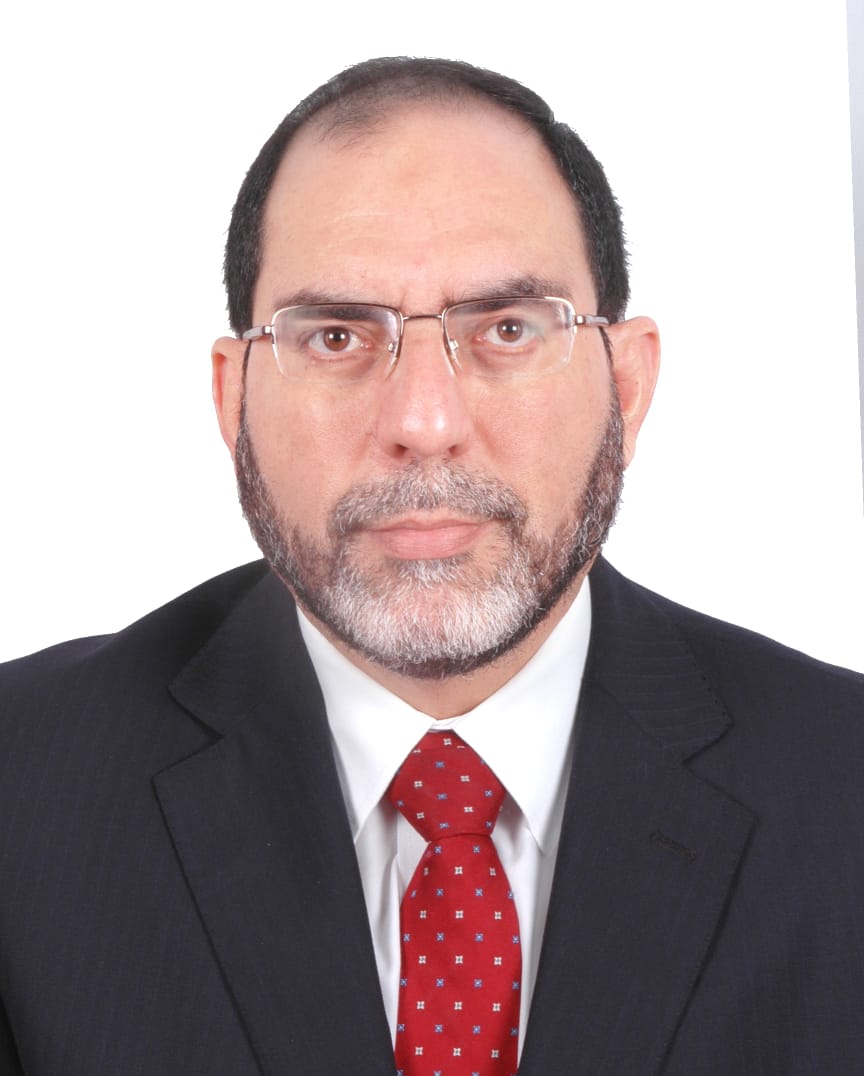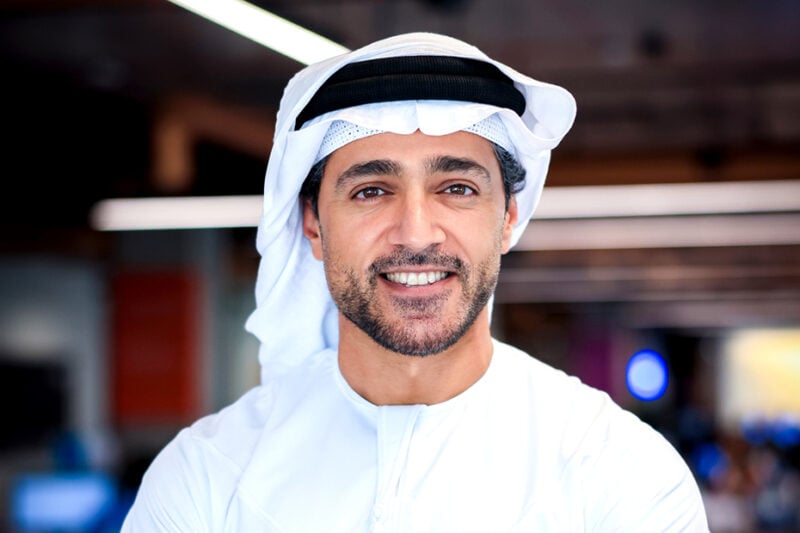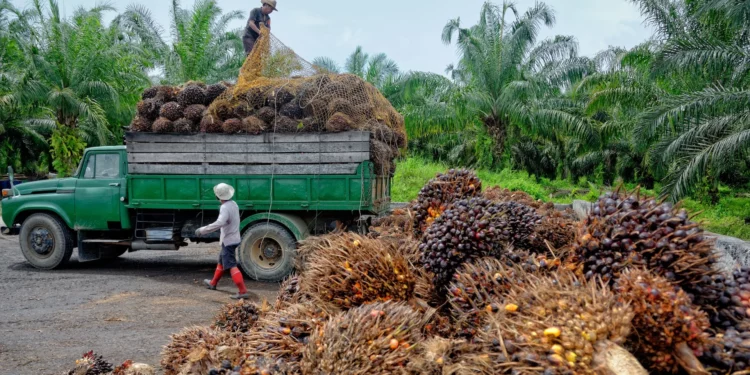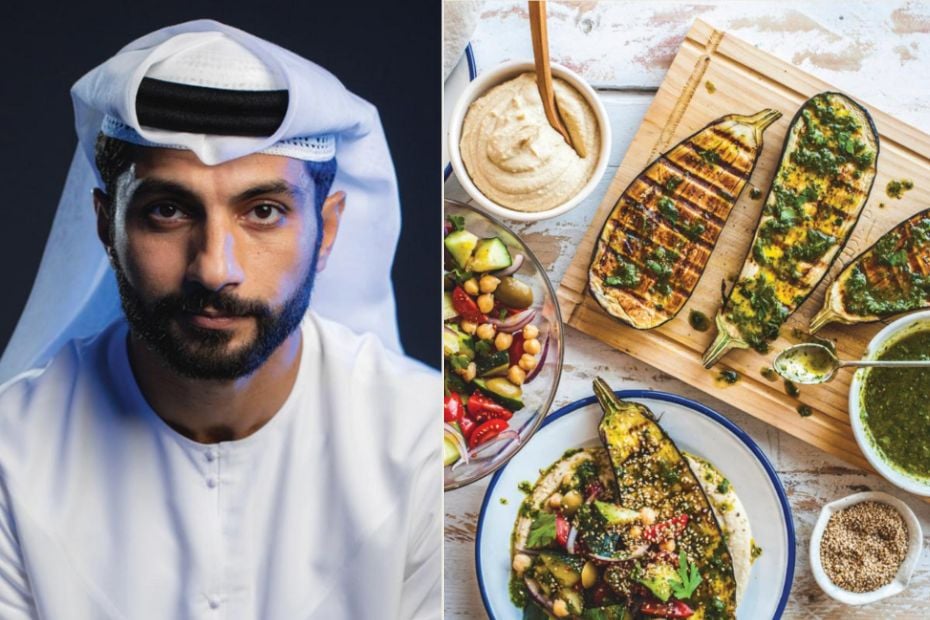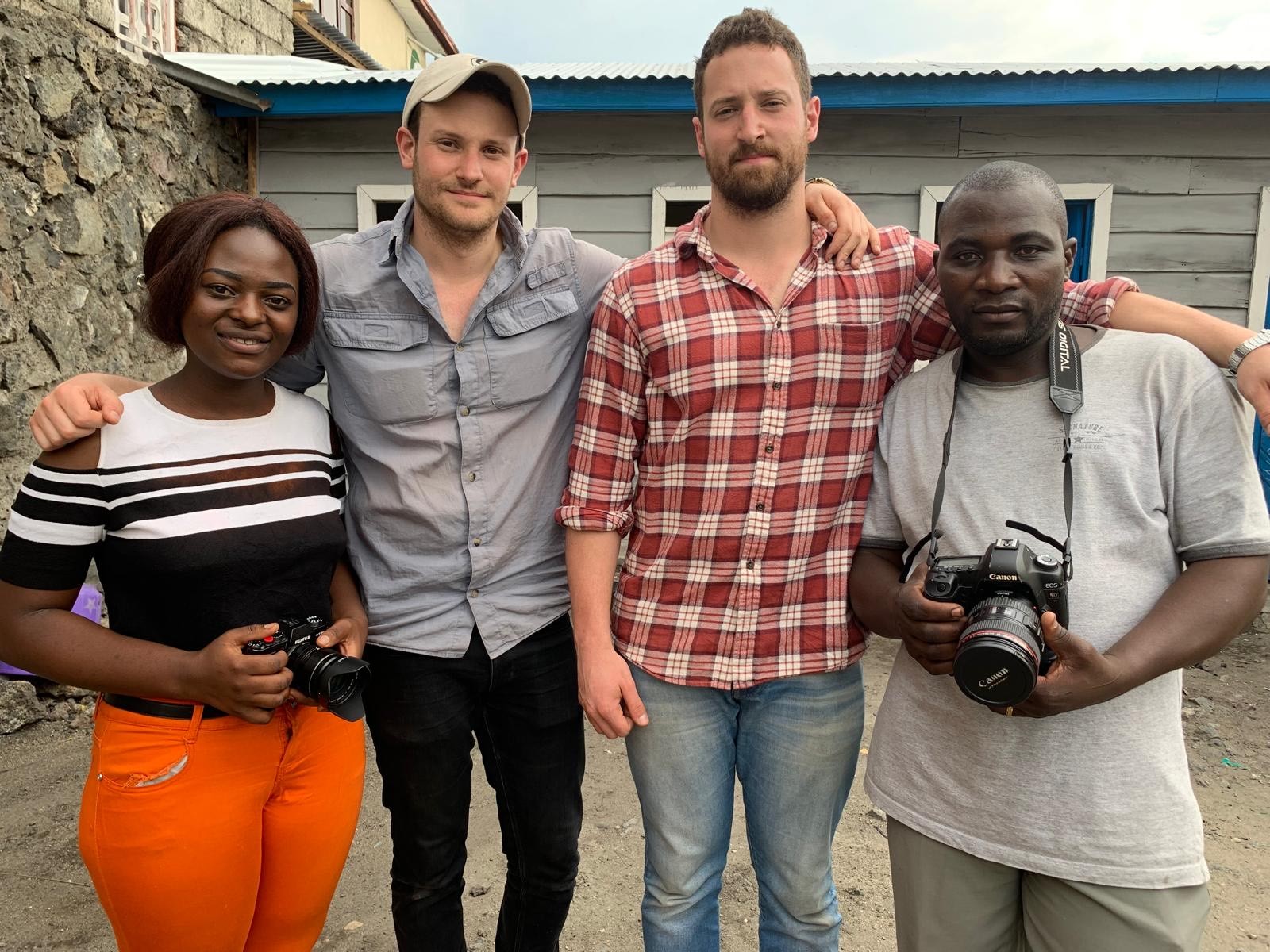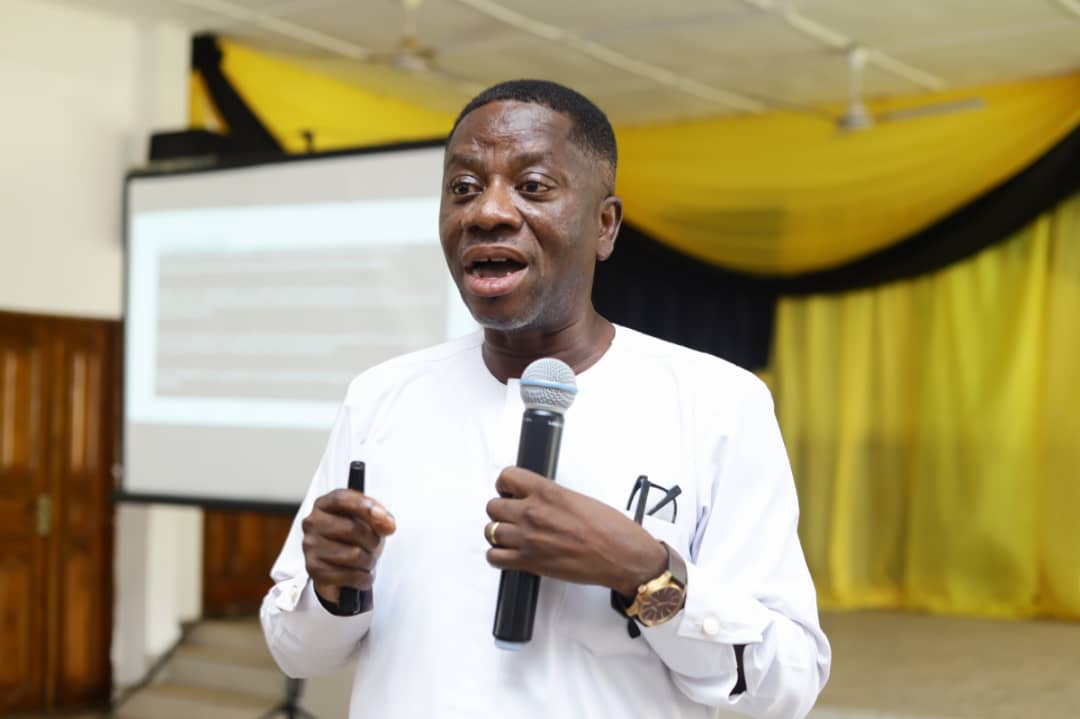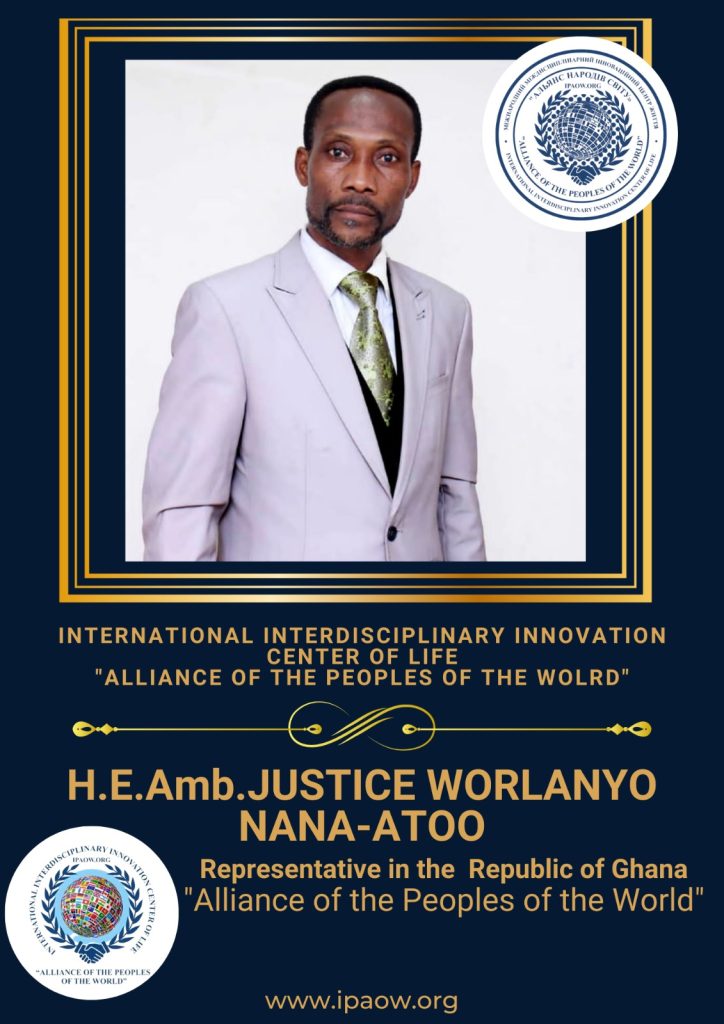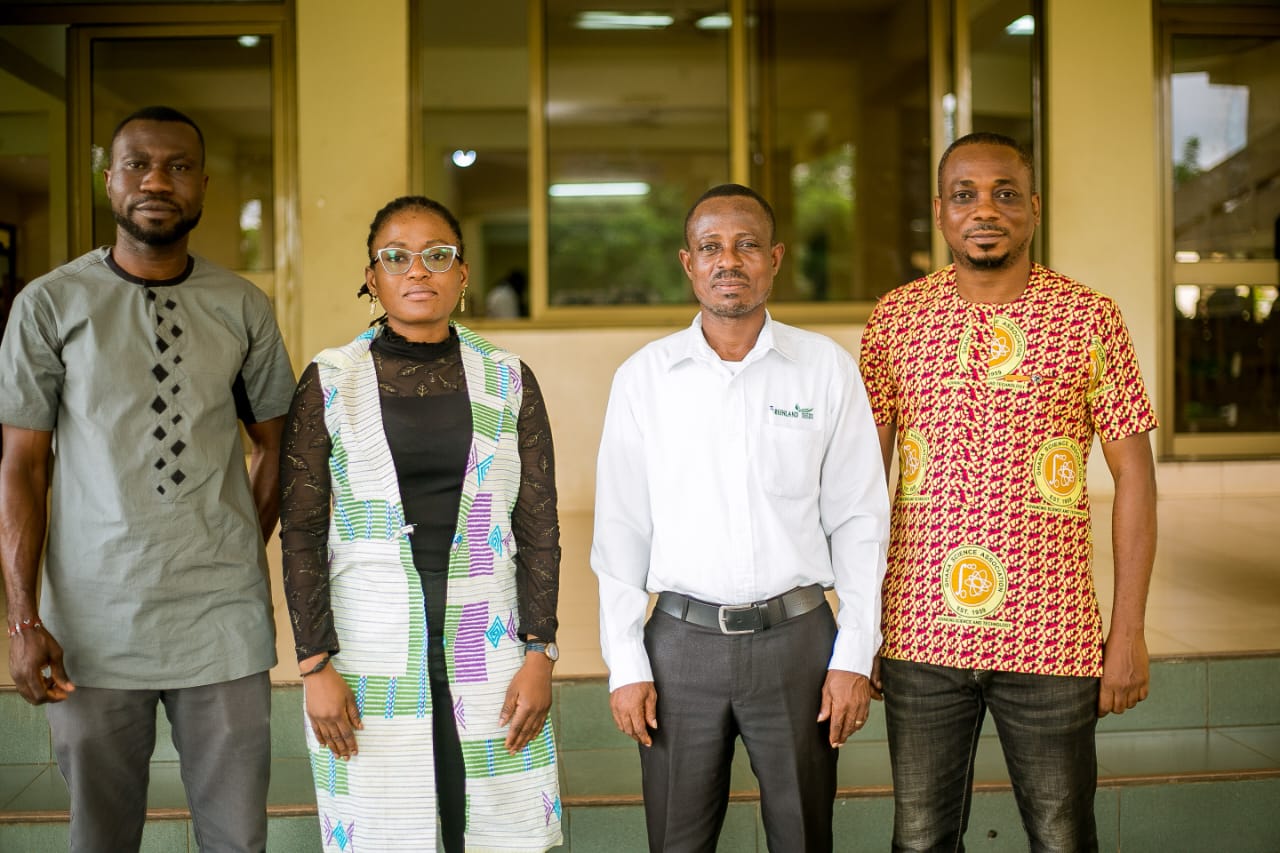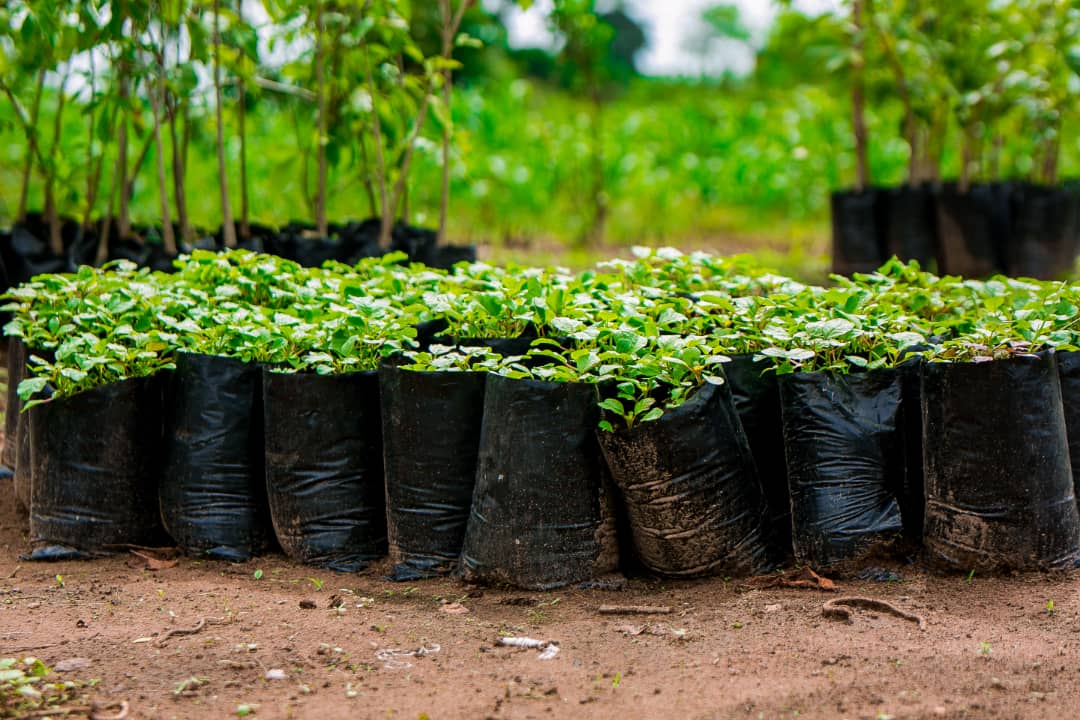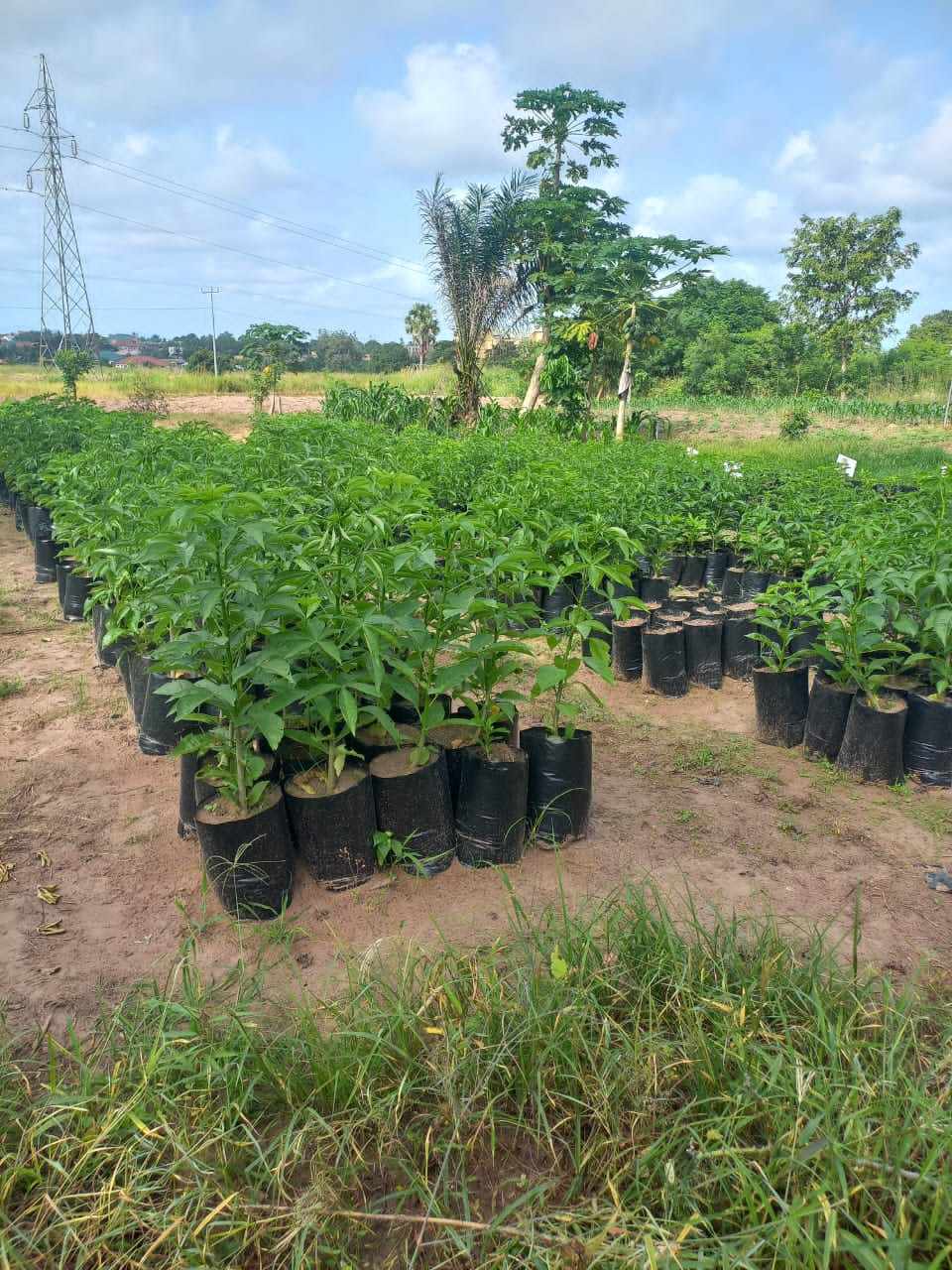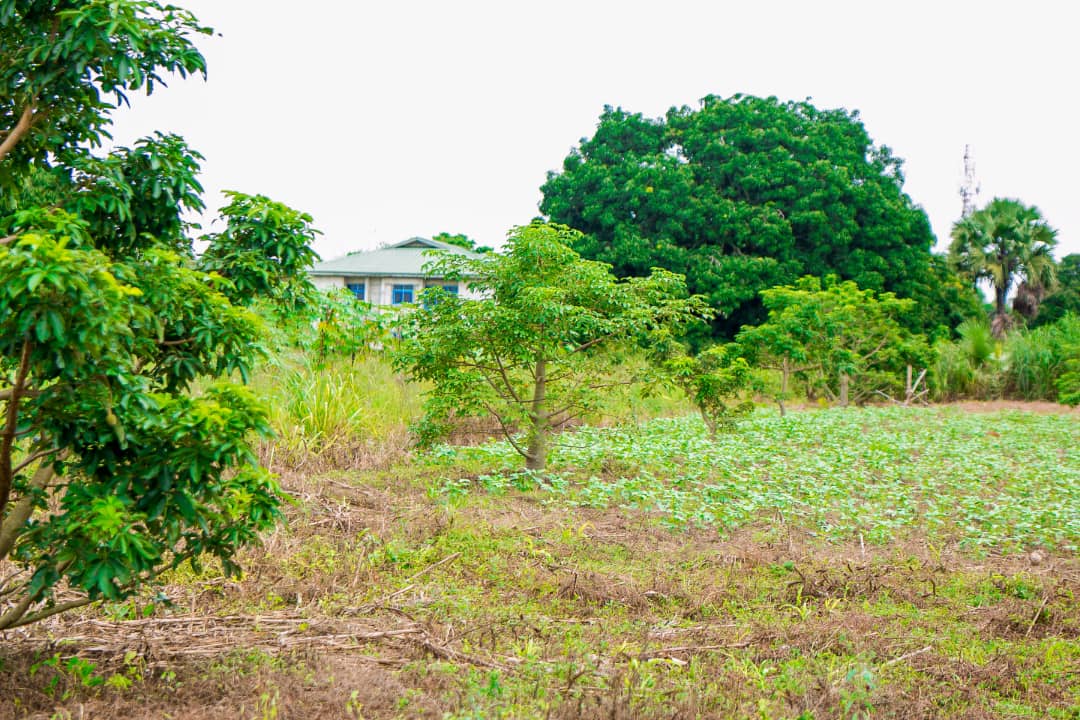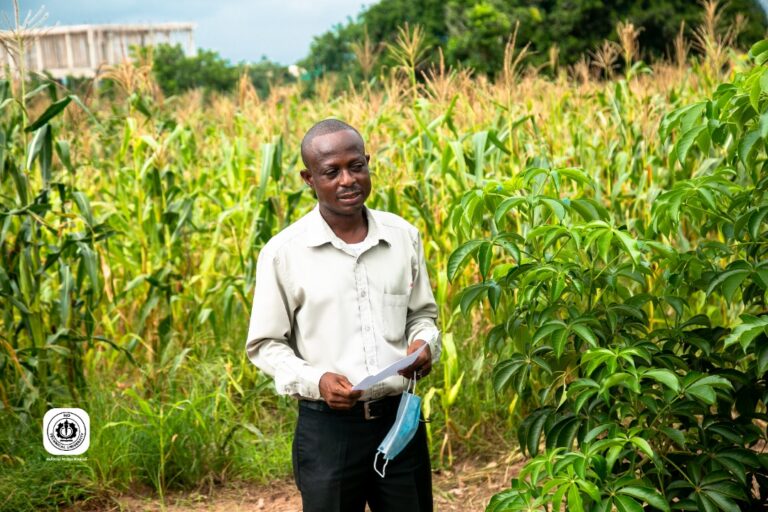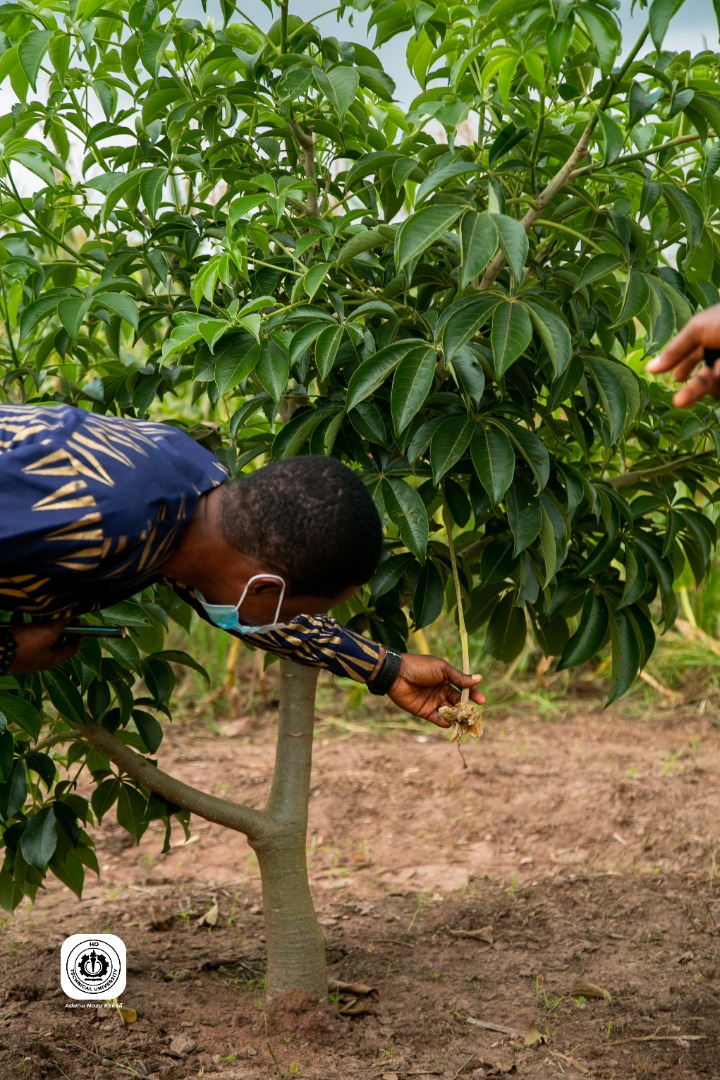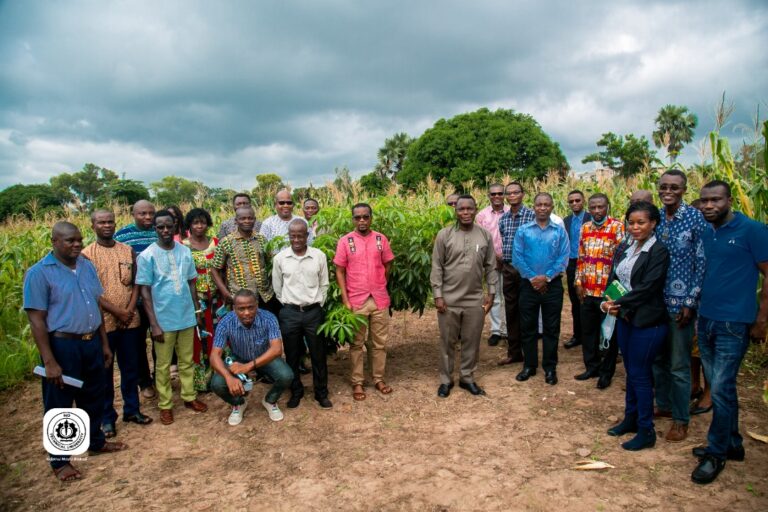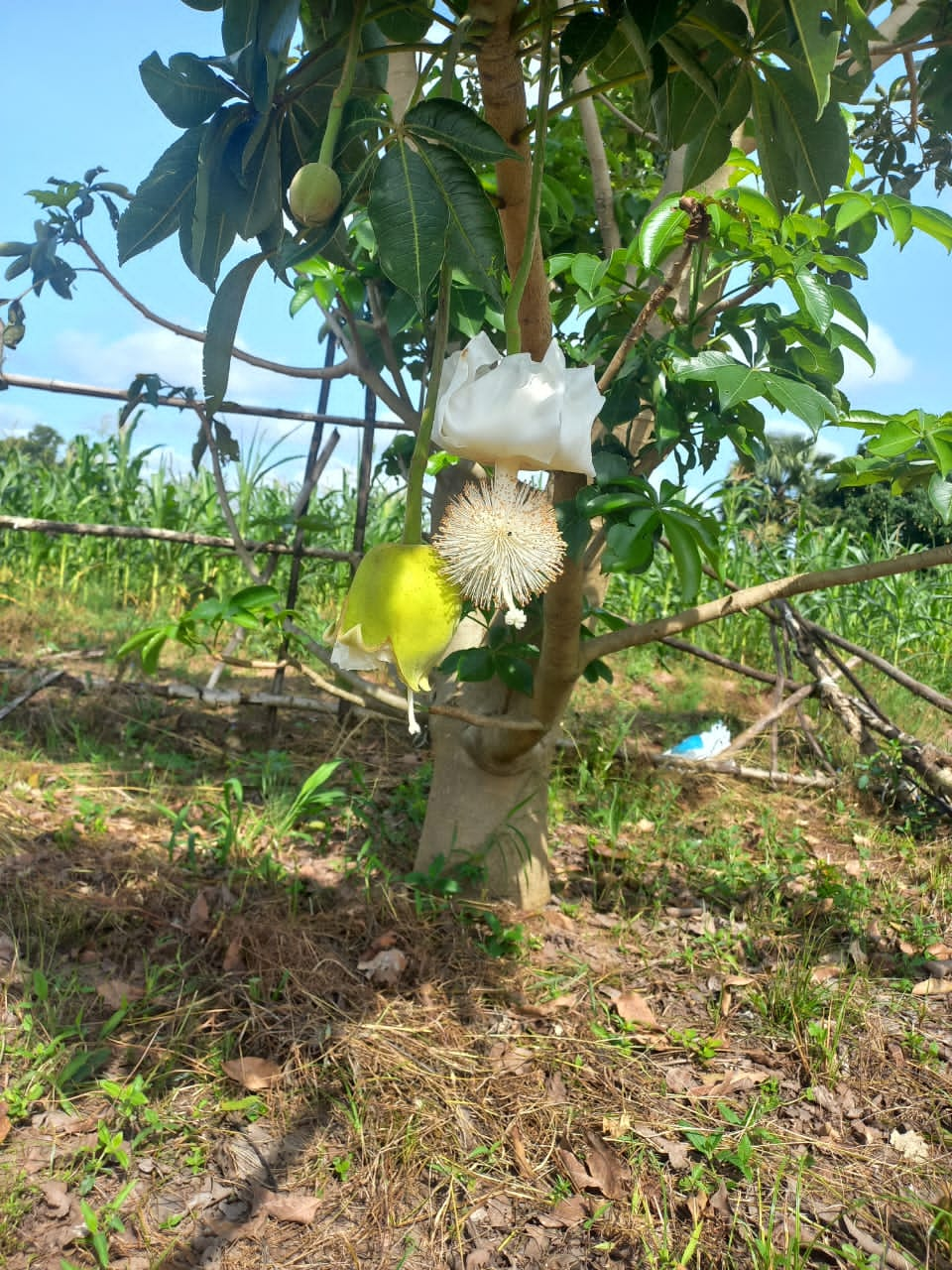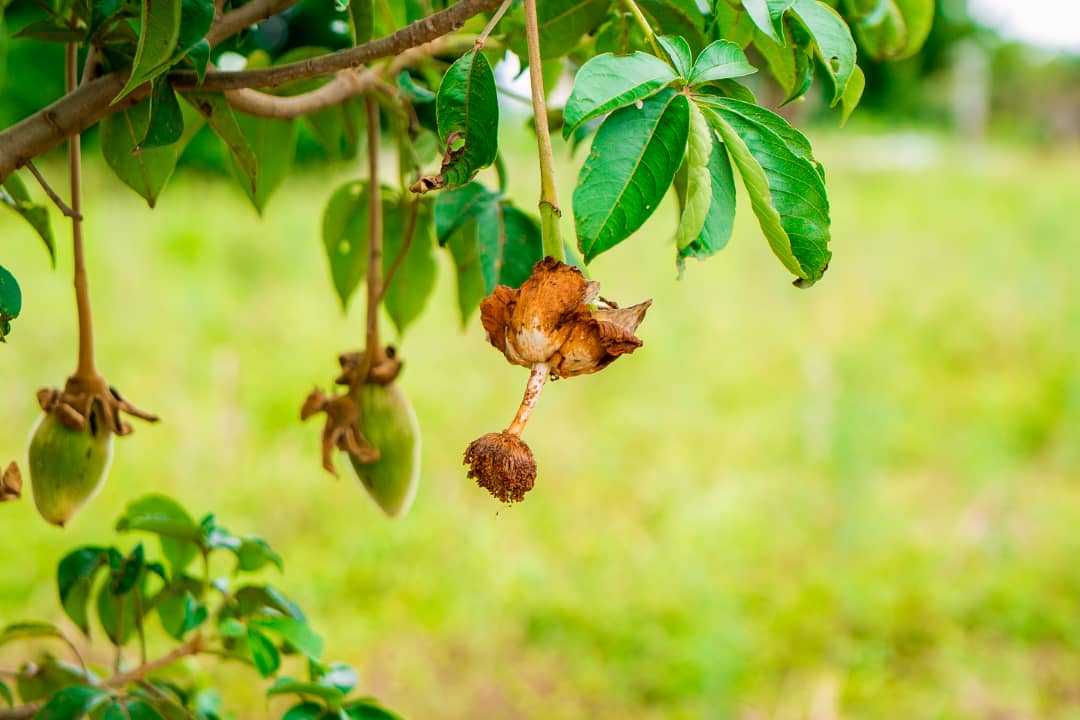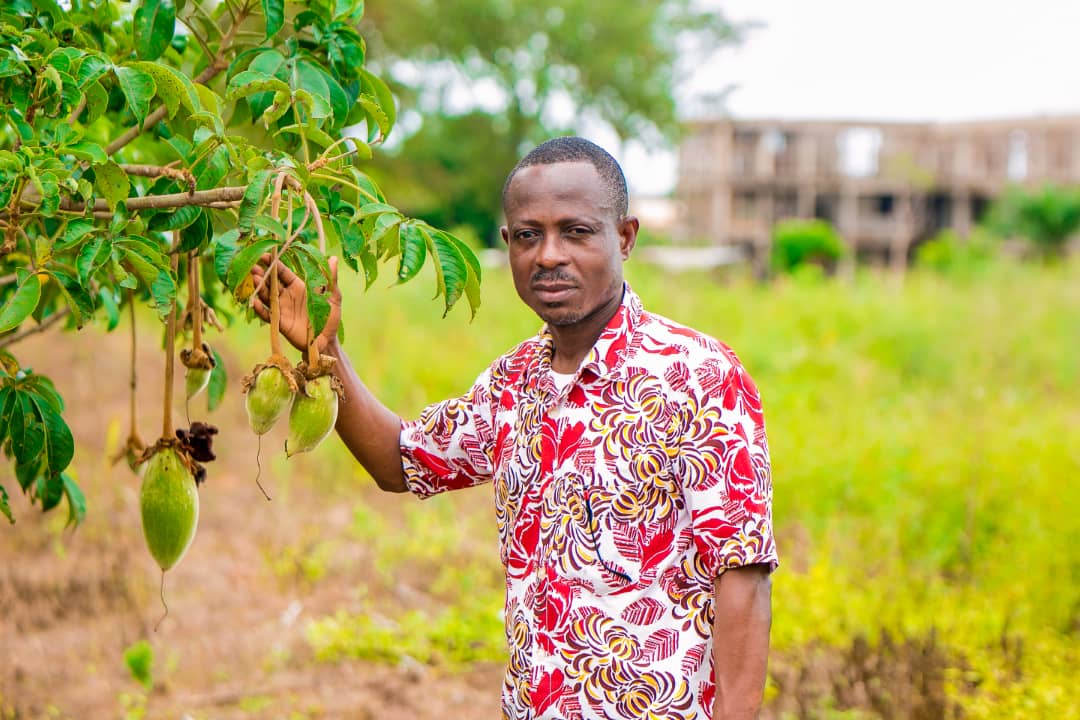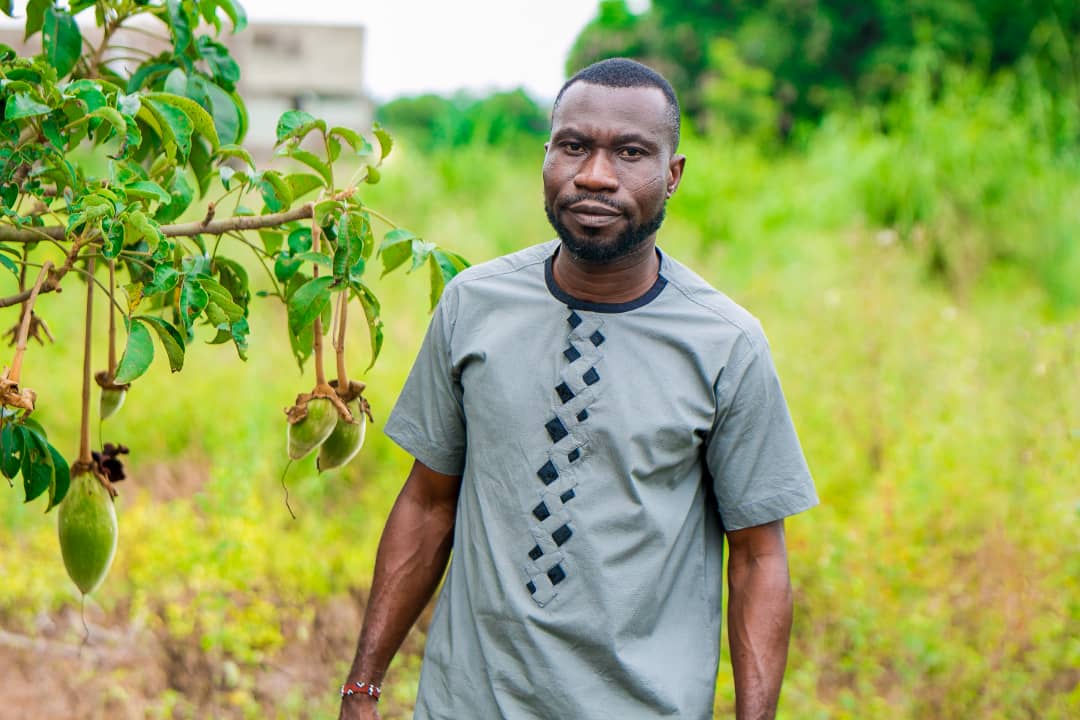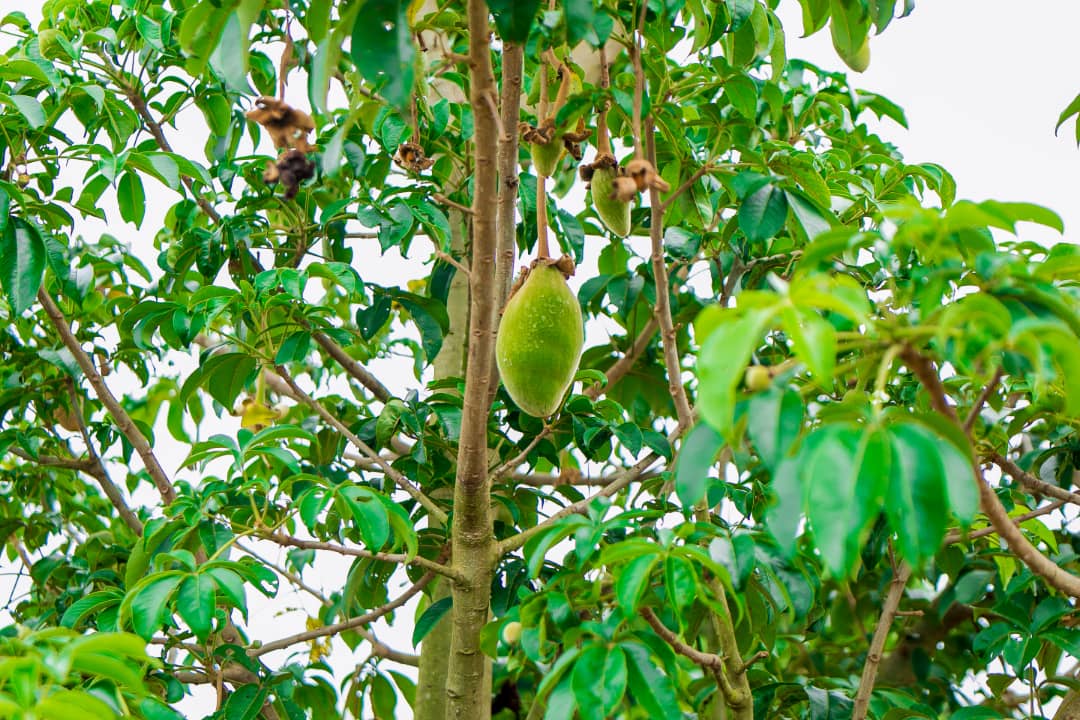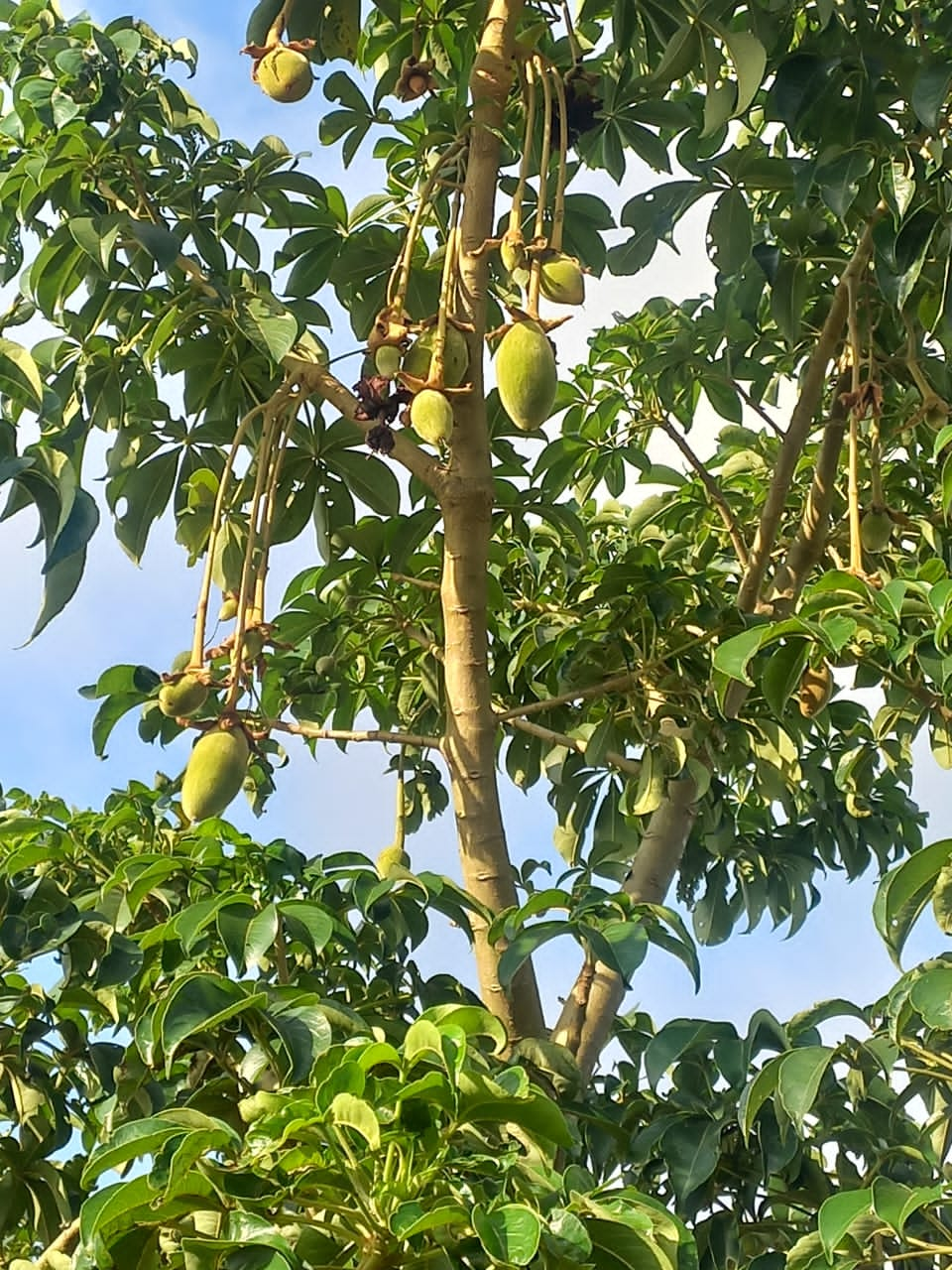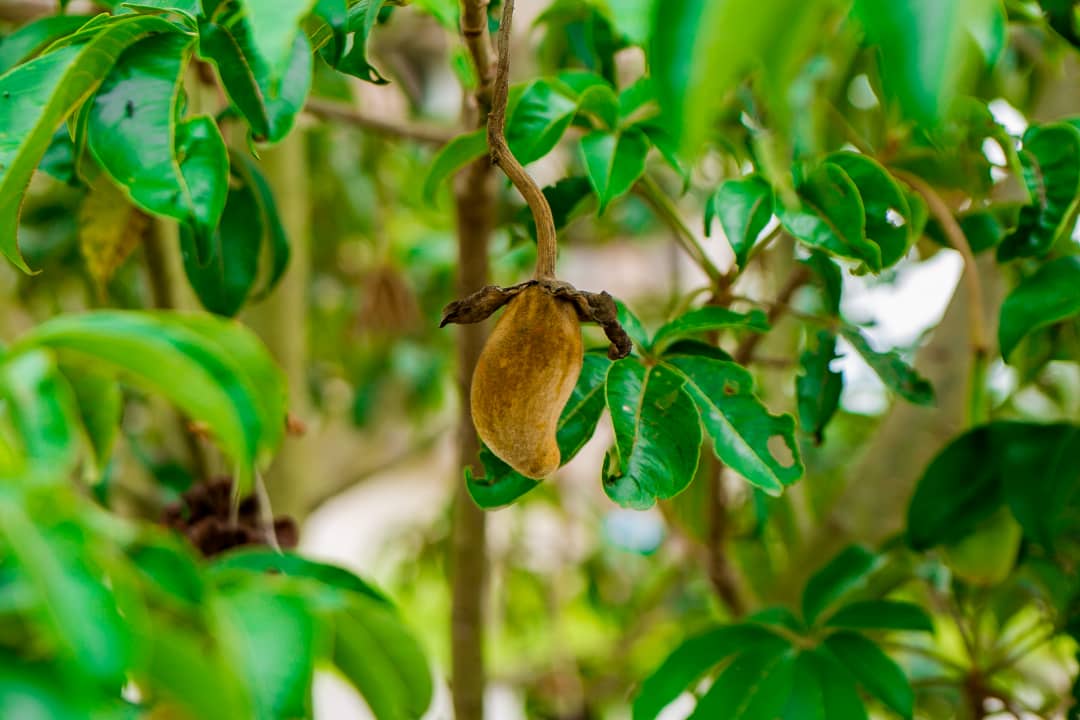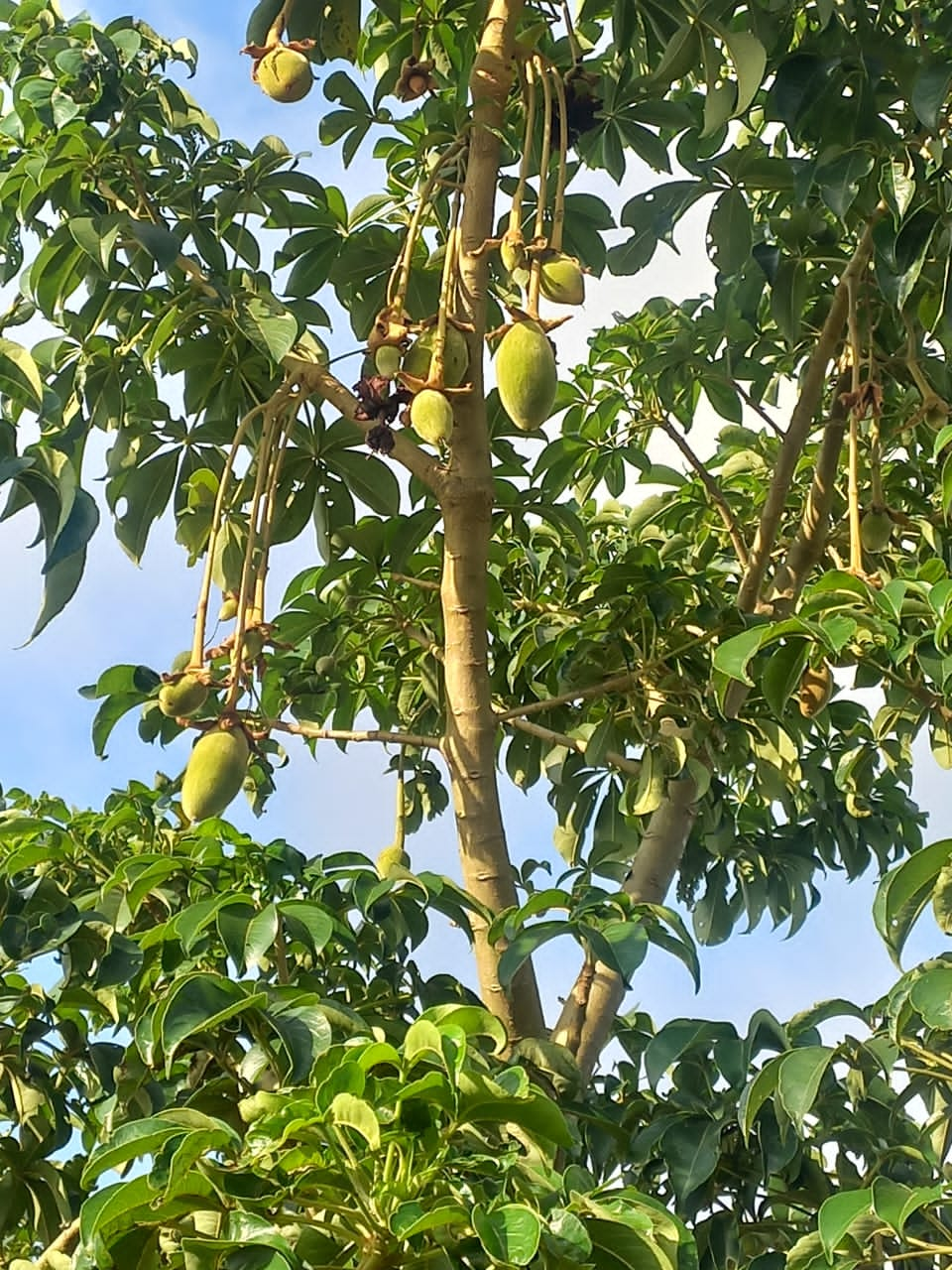Interview Story: By Mohammed A.Abu
Hari Iyer, Chief Executive Officer(CEO) and Managing Director(MD) of the Sakthi Tading Group, a prominent international gold trade industry player, has noted that, a strict eco-friendly or sustainable mining regime is crucial for Ghana to address the significant socio-ecological costs of gold mining, such as deforestation, water pollution, and soil degradation.
By adopting sustainable practices, Mr. Iyer intimates, Ghana can protect the environment, ensure long-term economic sustainability, and improve community welfare.
A focus on responsible mining he contends, will enhance global competitiveness, attract ethical market demand, and reduce illegal mining, adding, “The GoldBod initiative, along with stronger government regulations, can help transition the sector to a more sustainable model, balancing economic growth with ecological preservation for the benefit of future generations”.
He was speaking in an exclusive interview with your favourite, the Economic & Environmental Africa News, magazine for his expert thoughts relating to Ghana’s government’s recent move to put in place a Ghana GoldBod.
Regarding the initiative, he notes that GoldBod Ghana appears to be an important player in the evolution of the gold mining and trading sector in Ghana, especially given the complex challenges faced by the country in terms of artisanal mining, environmental impact, and illegal gold trading.
Mr. Hari provided some insights on the potential significance of GoldBod Ghana as follows:
- Ethical Sourcing Leadership
GoldBod Ghana has the opportunity to lead by example in promoting ethical gold sourcing. As global demand for responsible and traceable gold rises, especially from environmentally conscious buyers and investors, GoldBod could position itself as a pioneer in making Ghana’s gold sector more transparent. Their commitment to traceability, likely through innovative technologies like blockchain, can strengthen the integrity of the entire supply chain, making it more appealing to international markets that prioritize ethical sourcing.
- Addressing the Artisanal Mining Crisis
Artisanal small-scale mining (ASM) is a significant part of Ghana’s gold production but often operates in unsafe, inefficient, and environmentally damaging conditions. GoldBod’s potential to provide structured support to the ASM sector, offering better mining practices, health and safety training, and access to improved equipment, could be transformative. This could lead to a reduction in the harmful effects of illegal mining (Galamsey), such as deforestation, mercury pollution, and unsafe working environments. Their involvement could directly improve the livelihoods of thousands of small-scale miners.
- Facilitating Sustainable Mining Practices
Sustainability is a growing concern in the mining industry, and GoldBod Ghana’s potential to implement environmentally friendly and socially responsible practices is crucial. By introducing eco-friendly mining techniques, such as alternative mercury-free extraction methods and promoting reforestation initiatives, GoldBod can mitigate the environmental damage often associated with gold mining. This could improve the long-term viability of gold mining in Ghana and enhance the country’s reputation in global markets.
- Strengthening Governance and Compliance
GoldBod’s commitment to adhering to international standards and regulations will play a vital role in strengthening governance within Ghana’s gold industry. With proper compliance and transparency mechanisms in place, GoldBod can help address systemic challenges like smuggling, corruption, and unregulated gold trade, ensuring that Ghana’s mining revenues are appropriately taxed and channeled into national development.
- Economic and Social Impact
GoldBod’s focus on sustainable mining practices has the potential to contribute significantly to the economic development of local communities in gold mining regions. Beyond economic growth, their engagement in social initiatives like healthcare, education, and community infrastructure can improve the living conditions of miners and their families. As a result, GoldBod can enhance the social license to operate, which is crucial for the long-term success of mining companies in regions where mining is a central economic activity.
- International Partnerships and Investments
GoldBod Ghana has the potential to attract international investments and forge partnerships with global organizations and companies that prioritize responsible sourcing. This could help them access advanced technologies, financial resources, and expertise needed to modernize the sector. Such collaborations could also enhance Ghana’s position in the global gold market, opening new export opportunities and enhancing trade relationships.
- Risk Mitigation in Gold Trading
The volatility of the gold market, with fluctuating prices and risks associated with illegal trade and geopolitical instability, poses a challenge for gold trading companies. GoldBod’s adoption of cutting-edge technologies and adherence to legal and ethical standards could act as a hedge against these risks, offering stability and trustworthiness to both local and international stakeholders.
- Potential Challenges
While GoldBod Ghana’s approach seems promising, challenges remain in terms of overcoming entrenched practices within the informal mining sector, securing buy-in from local miners, and navigating the complexities of Ghana’s regulatory environment. Additionally, competing with illicit gold trade operations might prove difficult, as illegal mining can often be more financially attractive in the short term.
Investment Opportunities GoldBod Offer Sakthi Trading
On what business Prospects the GoldBod idea has for the Sakthi Trading Group in Ghana, he responded thus,” For Sakthi Trading Group, the establishment of Ghana’s GoldBod offers several promising investment opportunities within the mining and production management value chain”:
- Gold Mining & Extraction Investments
Sakthi Trading Group could invest in gold extraction operations, either through direct involvement or by partnering with licensed small-scale miners. As GoldBod becomes the sole buyer of gold from legal miners, there’s a guaranteed market for the mined gold, which reduces risk and ensures steady revenue streams.
- Gold Refining & Value Addition
GoldBod’s focus on refining and value addition presents an opportunity for Sakthi Trading Group to invest in refining infrastructure or establish partnerships with refining operations. They could integrate these activities into their supply chain, adding value to raw gold and enhancing profitability through higher-grade gold products for both local and international markets.
- Gold Export & Marketing
With GoldBod serving as the sole exporter of gold from the legal small-scale sector, Sakthi Trading Group could tap into international markets by partnering with GoldBod for the export of refined gold. This also allows the group to leverage global demand for responsibly sourced gold, enhancing its position in international markets and contributing to Ghana’s foreign exchange accumulation.
- Gold Assaying & Quality Control
Given that GoldBod will be the sole assayer of gold, Sakthi Trading Group could invest in or collaborate with assaying facilities to support gold testing and certification processes. Establishing a presence in the assaying segment of the supply chain provides an opportunity for Sakthi to ensure that their gold meets international standards, fostering trust and marketability.
- Supply Chain and Logistics
As the GoldBod framework establishes a structured system for sourcing, refining, and exporting gold, Sakthi Trading Group can invest in the supply chain infrastructure, including logistics and transportation. With GoldBod centralizing the process, the group could play a key role in ensuring efficient movement of gold from mining sites to refineries and international markets.
- Local Economic Growth and Stabilization
Sakthi Trading Group’s involvement in the GoldBod framework also allows it to contribute to the economic stabilization of Ghana. As the GoldBod aims to reduce gold smuggling and stabilize the local currency, Sakthi can benefit from an improved business environment and increased stability in the gold sector, making it a more attractive long-term investment.
- Technological Integration
There is an opportunity to invest in technology that enhances the mining, refining, and marketing processes. GoldBod’s push for more transparent, efficient, and legal operations opens the door for Sakthi Trading Group to integrate advanced technologies such as blockchain for traceability, AI for market forecasting, or automation in refining processes.
Through strategic investments in mining operations, refining, logistics, and technology, Sakthi Trading Group could capitalize on the GoldBod initiative to expand its footprint in Ghana’s gold sector. By aligning with the government’s vision of formalizing and improving the gold value chain, Sakthi can enhance profitability while contributing to the economic growth and stability of Ghana.
Role and Responsibilities to Sakthi Trading Group
On what is the exact role he plays as the CEO/MD of the group for the past 08 yrs, Mr.Iyer said his roles are the following:
Strategic Leadership: identifies growth opportunities, and ensures compliance with global gold trading standards.
Business operations and Risk management: oversees gold procurement, logistics, and sales, manages supply chain relationships, and implements risk management strategies for market and security risks.
Financial Oversight: manage financial health, secure funding, and oversees hedging strategies to mitigate price volatility risks.
Regulatory: Ensure AML and KYC compliance, upholds ethical sourcing, and engages with regulators.
Brand: builds partnerships, explores new markets, and strengthens brand reputation in the gold industry.
Technology: leverages blockchain, AI, and digital transformation to enhance transparency, efficiency, and customer engagement.
Team leadership: leads the executive team, fosters corporate culture, engages stakeholders, and drives talent development.
Flashback-Global Gold Dore Forum, Accra,2017
Sakthi Trading Group was the title sponsor of the first ever Global Gold Dore Forum, held in Accra in January 2017. As CEO/MD of Sakthi Trading Group, I emphasized the importance of transparency and responsible conduct in the gold market.
- “Sakthi Trading Group firmly believes that responsible business is the only sustainable business.”
- We seek to understand various initiatives led by both government and non-government entities in Africa and aim to contribute to solutions wherever possible.
Commitment to Collaboration and Partnerships
Sakthi Trading Group is dedicated to working with organizations that share its values and adhere to regulations. Through strategic collaborations, the group strives to promote responsible gold sourcing and support a more sustainable future.
Supporting Artisanal Small-Scale Gold Mining Sector Reform
Flashback-Global Dore Forum,Accra-2017
At the Global Gold Dore Forum conference,held in Accra in 2017,Sakthi Trading Group was not only a Lead Sponsor,but also expressed its commitment to participating in the reform of Ghana’s artisanal small-scale gold mining sector. This initiative reinforces the company’s dedication to ethical gold sourcing and industry sustainability.
The position of Sakthi Trading Group is the beginning of a privately-owned investment holding company for the group- IDM Global Holdings (Hong Kong) Limited focusing on investments in to international mining, production management and full mining services companies based in West and East Africa.

